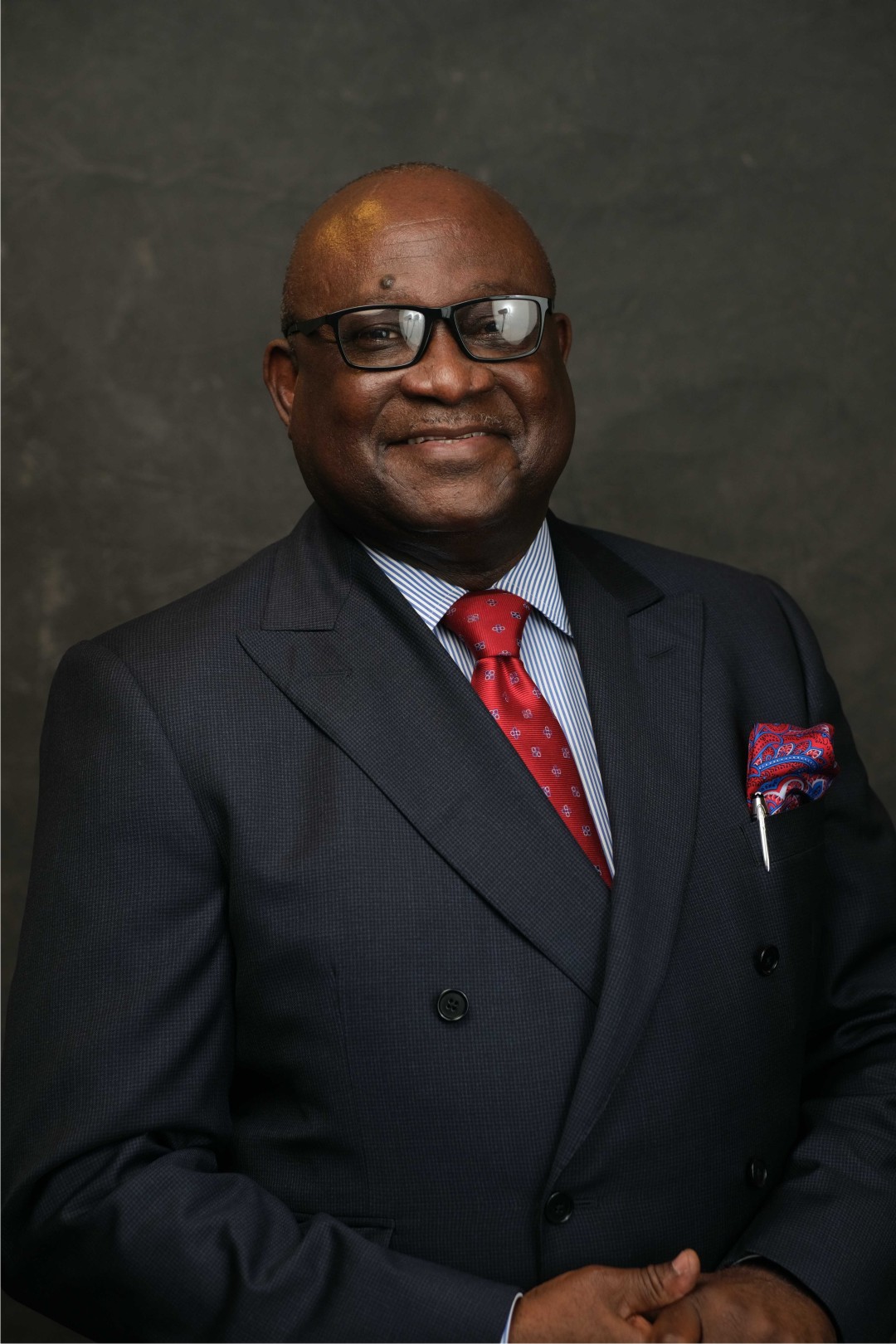Deola Art Alade speaks on the importance of creating a culture of respect, inclusion, and support.
Today, the commitment to women’s empowerment seems more rhetorical than real, despite widespread acknowledgment of the need to provide women with equal access to opportunities, resources, and support systems.
While many individuals and organizations genuinely champion these causes, working tirelessly to see women lead better lives in their careers, academics, or communities, these efforts, although vital and commendable, often seem like a fleeting trend in some areas as the momentum begins to wane.
In an address at the 2023 Annual Meeting Plenary, World Bank Group President Ajay Banga highlighted the ongoing struggle of women worldwide to participate equally in the labor force. He revealed that, globally, women have not seen significant improvement in their labor force participation since 1990.
Despite progress in many areas, gender disparities persist in this crucial aspect of economic development. He added that even when women manage to secure a seat at the table, they often face unequal pay compared to their male counterparts.
Noting its far-reaching consequences for global economic development and the fight against poverty, the World Bank President stressed the importance of addressing this issue.
According to Banga, the world cannot effectively defeat poverty with half of the population sidelined in terms of empowerment and economic participation.
Although frequently touted as the key to positive change in fields like community wellbeing, social justice, and leadership, true empowerment remains elusive.
It feels as though the commitment to empowerment is verbalized at every opportunity, but its practice is observed far less frequently, with women continuing to be underrepresented at the highest levels of decision-making.
Calling for a mindset shift from merely verbalizing empowerment to practicing it consistently and effectively, Deola Art Alade, Group CEO of Livespot360, buttressed the importance of viewing ‘empowerment’ as a profound, ongoing relational process that requires sustained effort, a willingness to continuously challenge the status quo, and a dedication to creating meaningful change.
“There is no limit to when and how often we should take action when it comes to fostering opportunities and championing causes that will afford women a better chance of success,” she stated in an interview with Marketing Edge.
“Empowerment is not just about achieving equality in numbers; it’s about creating a culture of respect, inclusion, and support where every woman has the opportunity to succeed. It’s about recognizing and valuing the unique contributions that women bring to the table and ensuring that their voices are heard and their potential is realized,” she added.
As the demographic landscape shifts, the Livespot GCEO notes that action is needed to ensure that what should be a demographic dividend does not turn into a demographic challenge.
“To truly empower women, the world needs more than just policies and programs. We need a cultural shift that embraces equality and inclusivity at every level. This means providing women with equal access to opportunities, resources, and support systems that enable them to succeed. It also means challenging and dismantling the structural barriers that have historically marginalized women,” Art Alade said.
In the workplace, she states, this translates to creating environments where women can thrive. It means implementing mentorship programs, offering leadership training, ensuring pay equity, and fostering a culture that values diversity and inclusion.
It also involves holding leaders accountable for their commitment to gender equality and making sure that women have a seat at the table where decisions are made.
In communities, true empowerment means supporting women in their educational pursuits, providing access to healthcare, and ensuring their voices are heard in local governance. It involves creating safe spaces where women can share their experiences and advocate for their rights.
Empowerment should be about providing women with the resources, opportunities, and support they need to succeed.
It means offering mentorship programs that connect young women with successful female leaders, creating networks that provide support and opportunities for career advancement, and ensuring that women have access to the education and training they need to excel in their chosen fields.






Comment
No comments found.